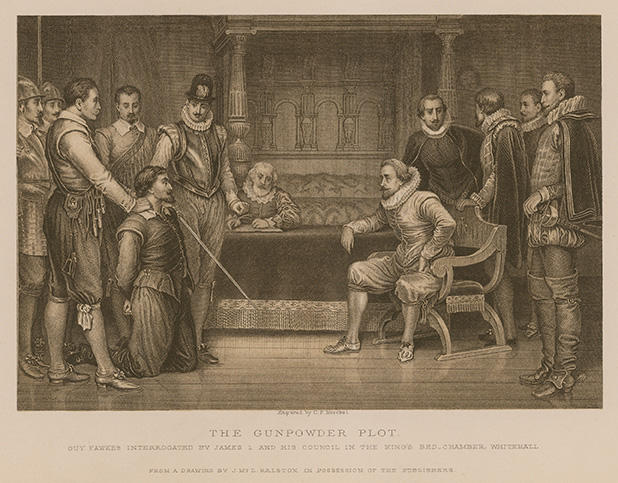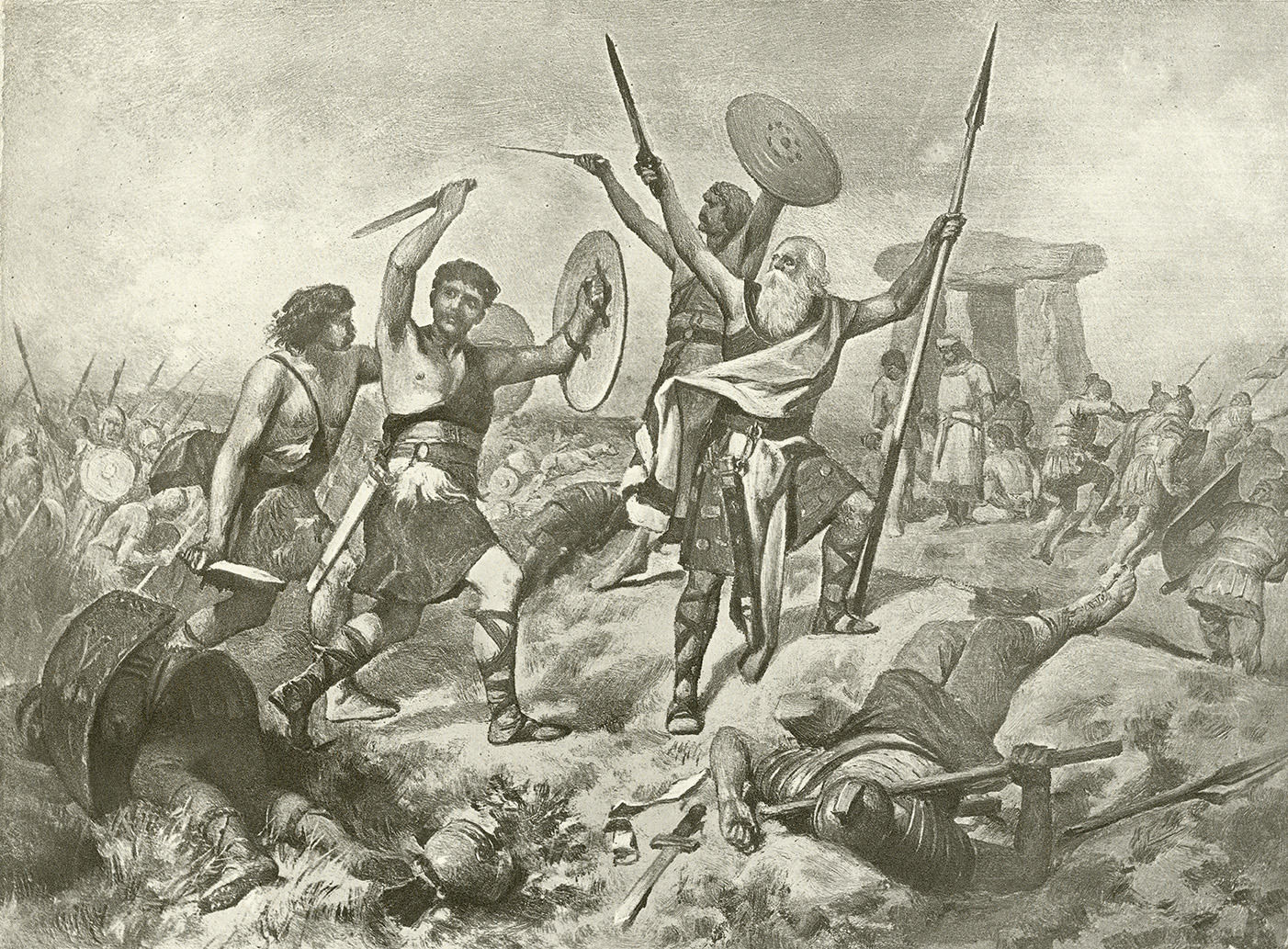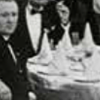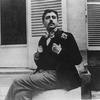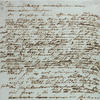You are here
Shakespeare: as Topical as Ever
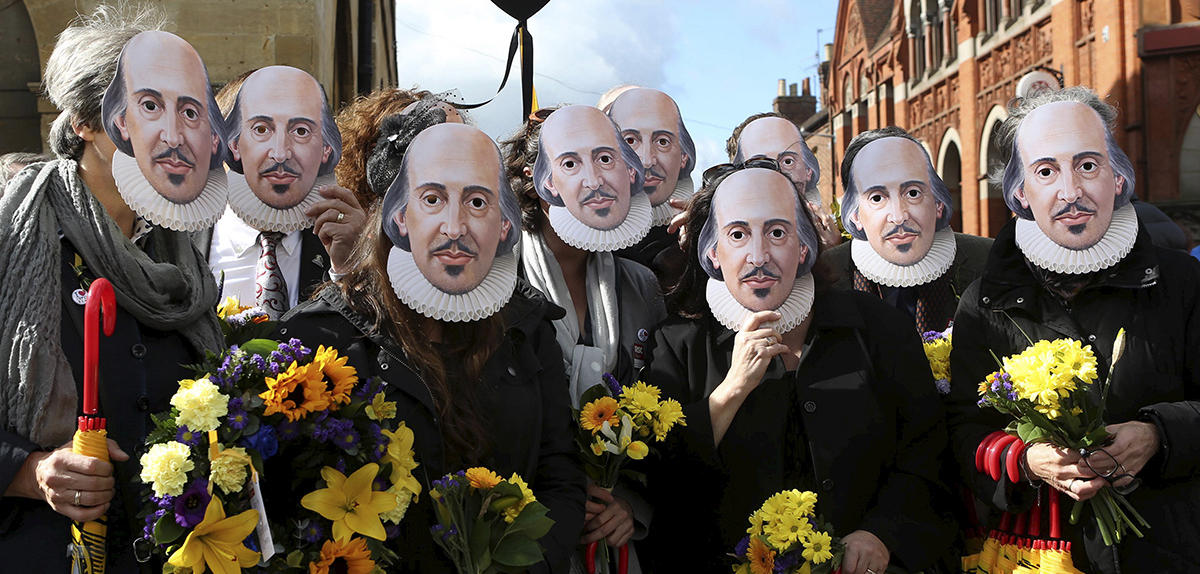
Shakespeare died 400 years ago, on April 23, 1616. Is he still the object of worldwide fascination?
Nathalie Vienne-Guerrin:1 Yes. Today, Shakespeare is the world's most widely read and performed author. The reconstructed Globe Theatre, which stands near the site of the original playhouse where most of his works were first performed, has just completed a two-year tour during which Hamlet was played in nearly 200 countries, including North Korea. In 2014, in Jordan, King Lear was staged by Syrian refugees. And Nelson Mandela, while in prison, used to recite these lines from Julius Caesar: 'Cowards die many times before their deaths; The valiant never taste of death but once.' No other playwright has ever had such influence. His role in popular culture should also be borne in mind. The TV series Star Trek, for example, is full of Shakespearean allusions; in another television series called House of Cards, the character Frank Underwood is a mixture of Richard III and Macbeth; there's even a Shakespeare LEGO figure!
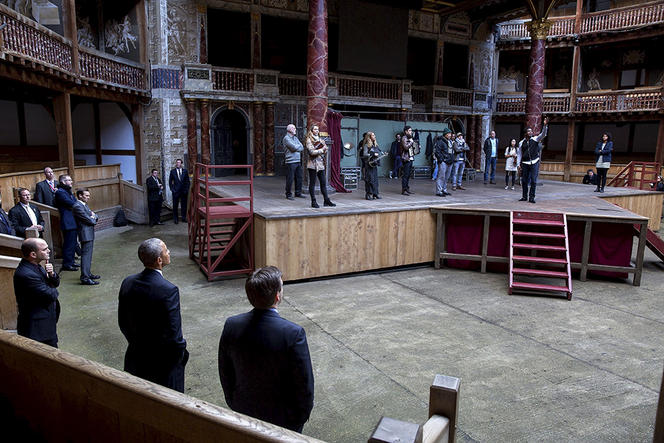

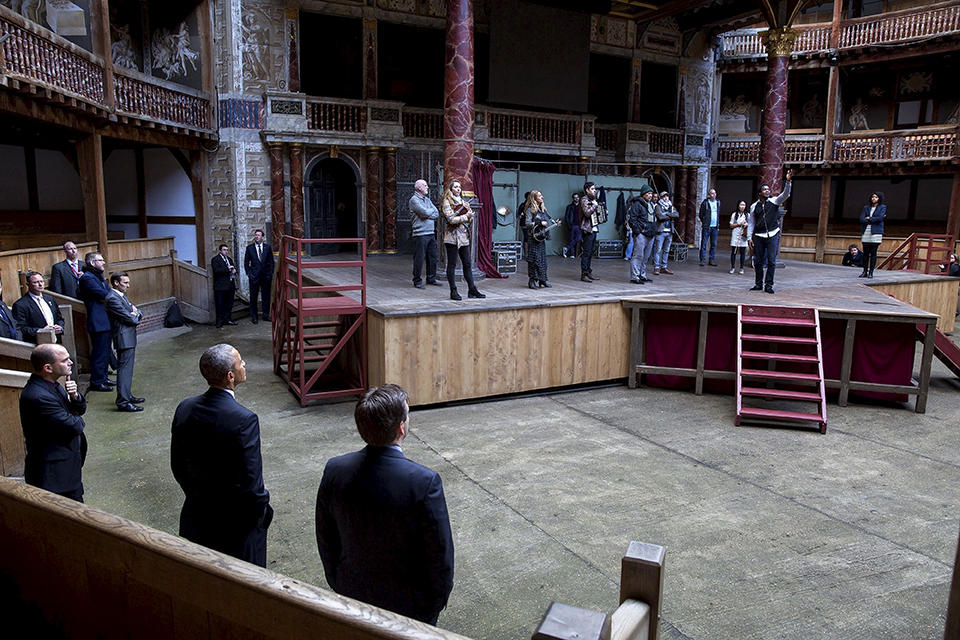
Shakespeare's works have frequently been used to reflect upon the thirst for power, the frontier between good and evil, or motives for vengeance. What makes the 'New Faces' project ('Confronting Europe in crisis: Shakespeare's world and today's challenges') different from previous attempts to show that the Bard of Avon is our contemporary?
N. V-G: The project stemmed from the realization that many of Europe's founding principles (human dignity, freedom, democracy, equality, tolerance, solidarity, etc.) are under threat, while a section of public opinion sees the Old Continent as a source of economic, social, political, religious and identity problems. Europe is also confronted with an unprecedented influx of refugees since the Second World War, a wave of terrorist attacks, and the rise of extremism. Faced with this situation, we want to encourage MA and PhD students in the arts, languages, humanities and social sciences to explore the concept of crisis and find ways of looking at and soothing the tensions currently affecting Europe, by placing Shakespeare's works and world at the heart of their thought. 'New Faces,' which involves 10 European universities, 20 academics and researchers, and 180 students over a period of three years, seeks to show—not what Europe can do for Shakespeare—but what Shakespeare can do for a continent in crisis.
But in what ways does the late 16th and early 17th century society, in which Shakespeare lived, resemble our own?
N. V-G: Elizabethan society had been undermined by religious tensions ever since Henry VIII, father of Elizabeth I, broke with Rome in 1534 (because the Pope refused to annul his marriage with Catherine of Aragon), was excommunicated, and declared himself head of the Church of England. The terrorist threat in Europe today brings to mind the inter-religious conflicts between Protestants and Catholics that caused bloodshed in Europe for decades—all the more so as in 1605, Catholic conspirators tried to blow up Parliament and kill the King of England, James I (an assassination attempt known as the Gunpowder Plot).

The terrorists who perpetrated the attacks in Paris and Brussels hated the Europe where many of them were born and raised. Which of Shakespeare's works are relevant to reflect on the origin of these acts of murder and the preventive work to be carried out with the youngest and most vulnerable?
N. V-G: Macbeth, for instance. In this tragedy, the King, Macbeth, stirs up the resentment of two henchmen in order to bring about the murder of his rival Banquo. The first murderer says: 'I am one, my liege, Whom the vile blows and buffets of the world Have so incensed that I am reckless what I do to spite the world.' And the second adds: 'And I another, So weary with disasters, tugged with fortune, That I would set my life on any chance, To mend it or be rid on't.' Such is these two men's desperation that, for them, living or dying does not make any difference. This is a strange reminder of the suicide bombers recruited by the so-called 'Islamic State,' which exploits the feeling of social relegation among a section of European youth. Similarly, in King Lear, after the death of the Fool, society falls into chaos. Shakespeare reminds us that irreverence and impertinence are necessary, and that attacking the figure of the jester—like the terrorists did with Charlie Hebdo—means calling into question the foundations of social life.
What about the ongoing refugee crisis? What can we find in the work pf Shakespeare that could help 21st century Europe deal with this tragedy?
N. V-G: Sir Thomas More, a play written at the end of the 16th century by several authors including Shakespeare, features a powerful plea to take in refugees. In a long monologue, Thomas More, Chancellor of Henry VIII, exhorts a xenophobic crowd to show compassion towards migrants and reinstate solidarity. What would you do, asks the text, if you were in the shoes of these foreigners, rejected by an inhospitable and barbaric nation? The play denounces the rejection of others as 'mountainish inhumanity.' In a lighter vein, in The Merry Wives of Windsor, the English take exception to the way in which Caius, a French doctor, massacres their language. But at no time is the right to live and work at Windsor denied to this 'immigrant worker.' This same comedy is a sort of linguistic mishmash, with mouthfuls of French, but also chunks of Latin, washed down with Italian and seasoned with a sprinkling of Welsh accent. Shakespeare shows us a world of linguistic hospitality, where the languages of others enrich one's own.
Yet for a growing number of Europeans, the only possible response to the refugee, economic and unemployment crisis, etc., is to leave the European Union, as illustrated by the Brexit vote. Now, Shakespeare doesn't mention that, surely.
N. V-G: You're wrong there! The temptation of isolationism features in one of his last plays, Cymbeline. In this romance, Britain, in the first century AD, refuses to submit to the authority of Emperor Augustus. The character who declares: 'Britain is a world by itself; and we will nothing pay for wearing our own noses,' could actually be Boris Johnson, a staunch promoter of Brexit. At the end of the play, however, following a brief outbreak of nationalism, Britain agrees to come back into the Roman fold.

What other Shakespearean texts could provide insight into the crises facing Europe?
N. V-G: A play like Coriolanus is an incentive to ponder manipulation in politics, The Merchant of Venice raises the issue of prejudice between religious communities, Henry VI is about the loss of moral values that can lead sons to kill their fathers and fathers to kill their sons, while Henry IV touches on the devastating effects of rumors in the age of Internet and social networks, and so on.
Isn't the 'New Faces' project too much to ask of Shakespeare?
N. V-G: I don't think so—nearly the opposite, in fact. It is Shakespeare who asks so much of us! He prompts us to look at problems in all their complexity, rather than in black and white terms. He always offers several perspectives on the same issue. In his plays, the good are never totally innocent, and the bad may be partially good. Which is why, 400 years after his death, he is still performed everywhere. In this context, my colleague Florence March refers to the adaptability (adaptogénie) of Shakespeare's plays. We Europeans still have a lot to learn from his works, as well as from the Enlightenment, sorely needed today.
- 1. Director of the Institut de recherche sur la Renaissance, l’âge classique et les Lumières (CNRS / Univ. Montpellier 3).
Explore more
Author
Philippe Testard-Vaillant is a journalist. He lives and works in south-eastern France. He has also authored and co-authored several books, including Le Guide du Paris savant (Paris: Belin) and Mon corps, la première merveille du monde (Paris: JC Lattès).


